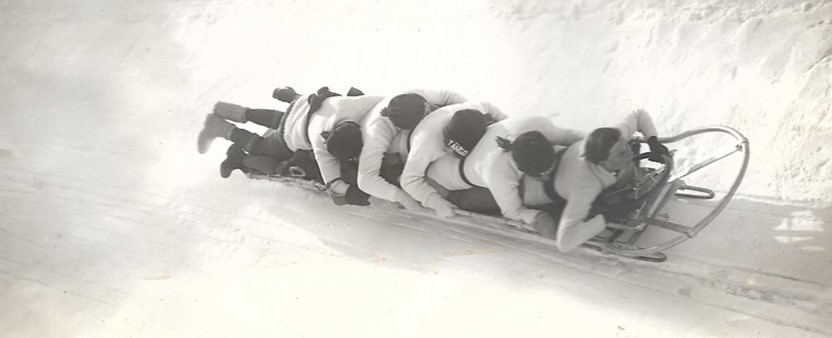As the 2022 Winter Olympics come to a close, I find myself thinking about the concept of being “the best.” In Olympic competitions of course, each event awards a gold medal to a competitor who comes out ahead in a rigorous competition. They are The Best.
In some events, the difference between gold and a non-medal fourth place is measured in fractions of a second. I even saw situations where an athlete’s performance broke the previous world record, but they still came in fourth because three other people were oh-so-slightly faster. Clearly, the gold medalists aren’t the only ones doing excellent work. In other events, the difference between first and fourth is more pronounced. For example, Italy’s mixed doubles curling team had a perfect 11-0 record in the round-robin tournament, and they played nearly flawless matches, absolutely dominating the field. In the fourth end of their match against Norway… but I digress.
The point is, this whole thing got me thinking about one of my favorite questions: Who are the top performers in YOUR field?
In any field or discipline, some people will simply do the work better than most. Take a moment to think about what you do – can you name the people who set the bar in your particular field? Who are the leading voices, the practitioners who deliver outstanding results, the ones who would wear gold medals if such things were awarded? Keep in mind that the list of top performers will change over time. Nobody stays in the winner’s circle forever and even Shaun White came in fourth in the half-pipe competition this year. So this is a good question to ask on a regular basis as new players enter the stage and surpass previous records. Once you’ve got a list of top people in your field, you may want to ask a few additional questions:
- What makes them a top performer?
- What do they do differently?
- What can we learn from them?
- Could we reach out to them?
- Partner with them?
As I watched the Olympics this year, I was struck by how often the commentators described the relationships between competitors. They all knew each other and learned from each other. They competed against each other many times before arriving at the Olympics. They made each other better. I think there is a lesson there for all of us.
Image Credit: The 1913 Saint-Moritz Bobsleigh Derby Cup by Albert Ewald

